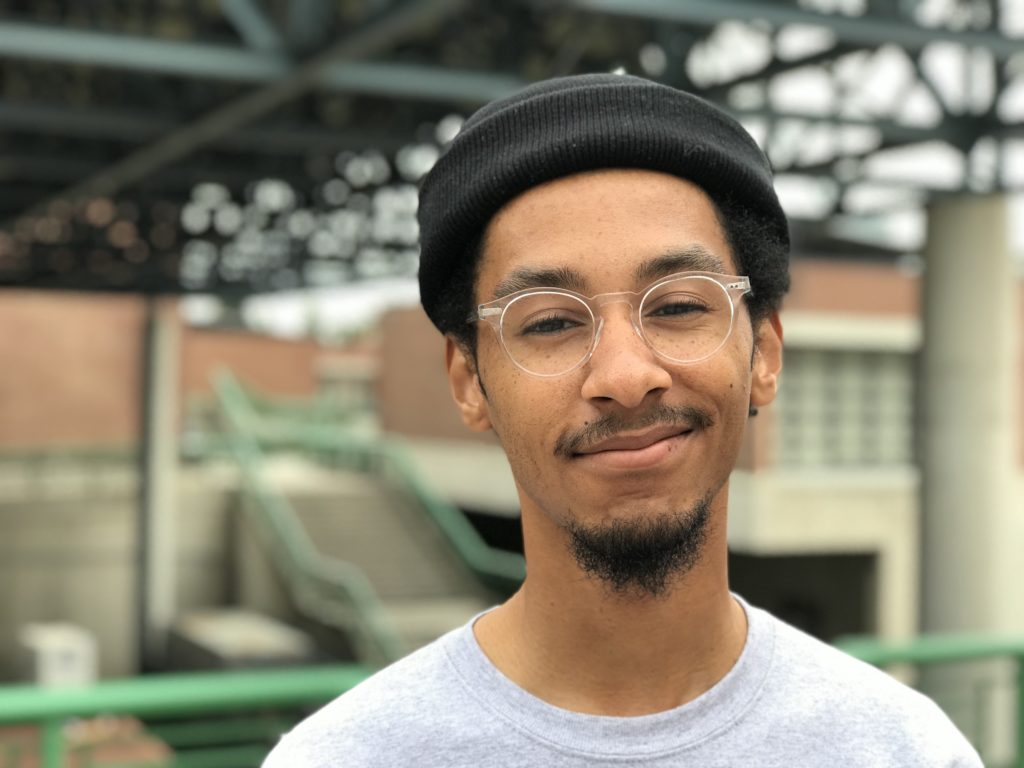Social Isolation is commonly viewed as a drastic concept: what often comes to mind is an individual alone in a darkened room who avoids nearly all contact with the outside world. However, this depiction rests on the extreme end of the state’s spectrum.
More commonly, those who experience social isolation may be surrounded by others on a regular basis and lead productive lives. This misperception of social isolation can pose a major obstacle for those who suffer from it.
As someone who has suffered from this issue in the past, I know all too well how difficult it can be to snap out of the denial. In my case, I would justify my scant social interactions by attributing them to my introverted personality. I’d reason that it’s ok to miss “that concert” or “that friend’s social event,” because it would be taxing.
Down time in moderation is okay, but when missing “that concert” or “that friend’s social event” shifted to missing every concert and every friend’s social event, it became a problem. I began to deprive myself of opportunities to sustain and further meaningful social connections.
This left me with the most superficial of social interactions: a chat with classmates or brief conversations with friends if we happened to meet. These interactions were just enough to convince me that everything was fine, that is, until loneliness inevitably began to creep in.
While it would be ideal to identify social isolation as an issue early on, no one should give up. The effects of social isolation stretch far beyond loneliness and are too severe to settle for. Mounting research indicates that social isolation can increase risks of heart disease, alcohol abuse, further mental illness and death.
How might a person overcome social isolation? The first step is recognition– it’s important to understand one’s actions and the motivations behind them. We all occasionally enjoy some time away from people, but we should take notice if we are chronically pulling away from social interactions.
Next, try to pindown the root cause of the isolation: Is there underlying anxiety or previous trauma? Gaining an understanding of the issue might allow for the creation of a plan to resolve it.
Resolution means putting yourself out there. Try joining clubs, reaching out to old friends or other social activities which you might enjoy. The goal is to put yourself in scenarios where real, substantial social connections are able to grow. This takes a great deal of determination, as it can be very easy to fall back into old habits.
The stereotype of social isolation may hinder recognition of the issue for some individuals like myself. But with the right amount of introspection, planning, and drive, the issue can be beaten.


























